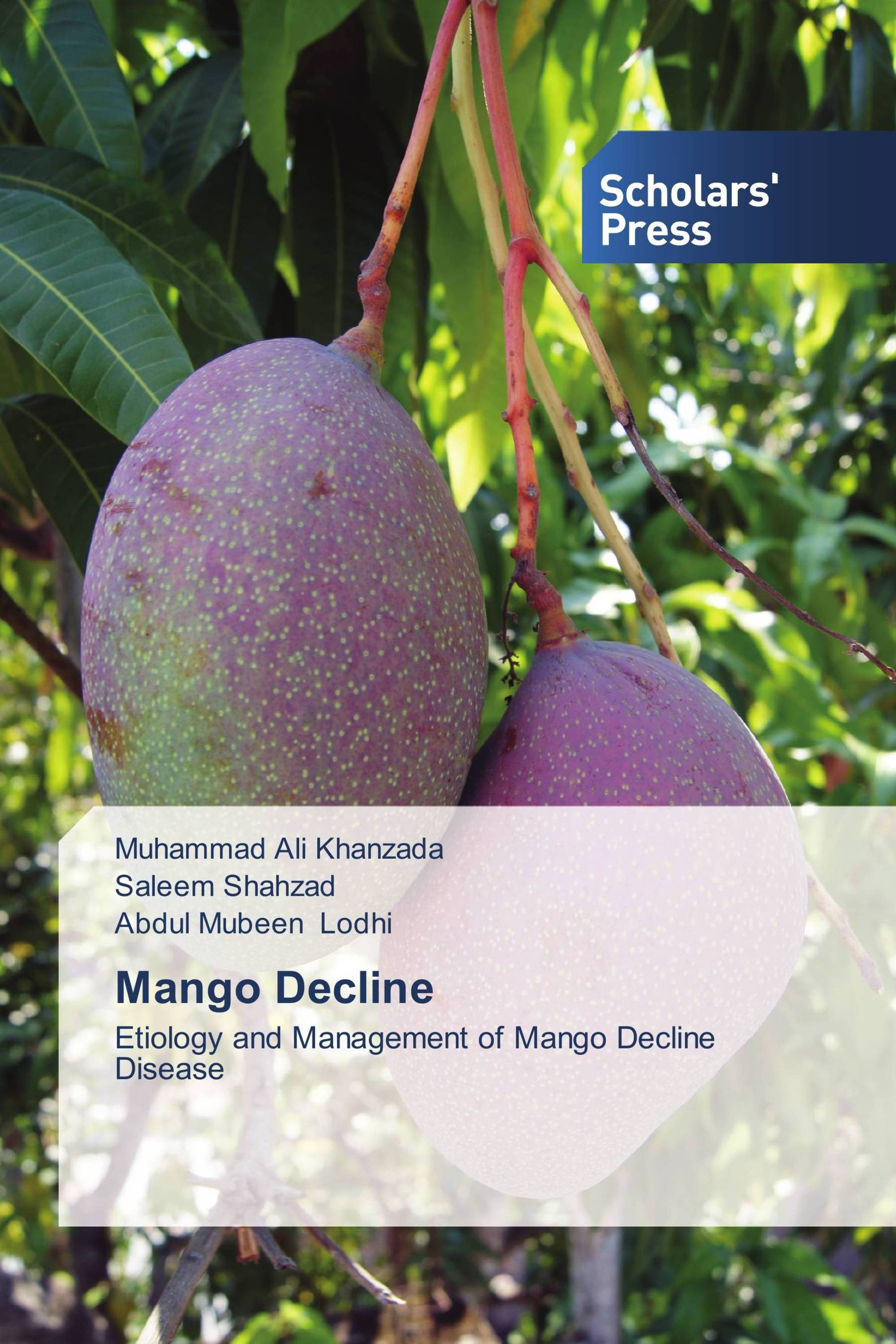Since the late 90s, most of the mango orchards in Sindh province of Pakistan were found to suffer from a decline disease that killed a large number of mango plants. Lasiodiplodia theobromae has been identified as the causal organism of mango decline in Sindh. The pathogen produced typical symptoms of the disease in artificially inoculated plants. Although Fusarium solani was invariably associated with mango plants but it failed to produce typical symptoms in pathogenicity test. Almost all the commercial varieties of mango grown in Sindh showed susceptibility to the pathogen. The growth of the fungus was suppressed by urea and DAP whereas NPK supported good growth. Fungicides viz., Carbendazim, Thiophanate-methyl and Alliete significantly inhibited in vitro growth of L. theobromae. Field application of these fungicides provided disease suppression and improved plant growth. Carbendazim gave better results as compared to Thiophanate-methyl and Alliete.
Book Details: |
|
|
ISBN-13: |
978-3-639-51351-6 |
|
ISBN-10: |
3639513517 |
|
EAN: |
9783639513516 |
|
Book language: |
English |
|
By (author) : |
Muhammad Ali Khanzada |
|
Number of pages: |
156 |
|
Published on: |
2013-05-16 |
|
Category: |
Agriculture, horticulture, forestry, fishery, nutrition |
